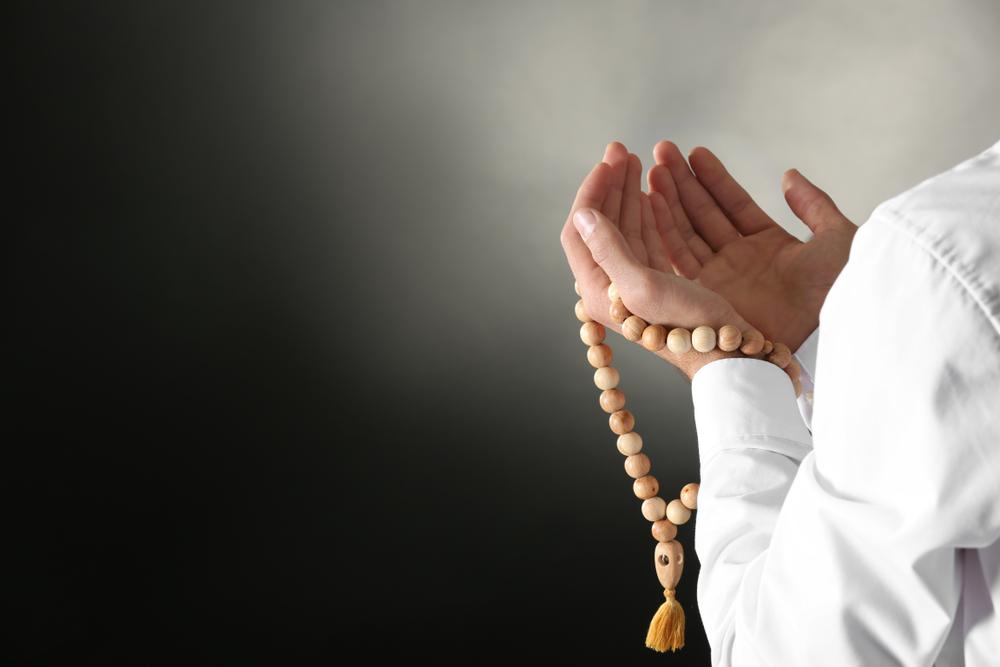
Dua means ‘supplication’, and it is a powerful tool for believers as it allows Muslims to connect with Allah (SWT), our creator. It is an act of worship that allows us to become closer to Allah (SWT) by submitting to Him, and Muslims all around the world make dua for themselves, their families, and the Muslim ummah, but do you know the true power of dua?
While dua can be made at anytime and anywhere, there are certain times and situations whereby duas are said to be especially powerful. There is increased reward and benefits in making dua in Sujood, as Prophet Muhammad (peace be upon him) mentioned in the hadith: “A slave becomes nearest to his Lord when he is in prostration. So increase supplications in prostrations.” (Ṣaḥīḥ Muslim). This hadith demonstrates the beauty of being in prostration and encourages us to make dua in these moments.
Duas are also said to be accepted when made by a fasting person and when made by those who are oppressed. According to the following hadith, the supplications of three types of people are answered: “There are three whose supplication is not rejected: The fasting person until he breaks his fast, the just leader, and the supplication of the oppressed; Allah raises it above the clouds and opens the gates of heaven for it. And the Lord says: “By My might, I shall surely aid you, even if it is after a while” (Jami’ at-Tirmidhi 3598).
As Muslims, we believe that duas can change fate and can be the most powerful in times of grief and sorrow. In making dua, we should be grateful to Allah (SWT) for the blessings he has given us, as well as asking Him for goodness in this life and the hereafter. In addition to this, we should be making dua at all times, not only in times of grief and sorrow but also in times of happiness and joy.
Making dua for another person while they are absent holds a lot of significance and reward for both the maker of the dua and the one for whom the dua is made. The Messenger of Allah (PBUH) said, “No Muslim servant supplicates for his brother behind his back but that the angel says: And for you the same.” (Ṣaḥīḥ Muslim 2732). This hadith shows the true power of duas, in that any dua you make for another person is made for yourself by the angels, and this reinforces the hadith, “None of you believe until you love for your brother what you love for yourself”, thus encouraging unity and brotherhood.
Many Muslims also give voluntary charity, known as Sadaqah, when making dua. This is often given when someone is sick or has a significant event coming up to help them in their situation but can be given at any time.
There are some etiquettes you can follow when making dua, including beginning and ending by sending salawat upon the Prophet Muhammad (PBUH), using Allah (SWT)’s names, praising Him, and making dua regularly. While you can make your own dua, there are also specific duas for when you may need help from Allah (SWT) in a matter. Duas for good health and healing from sickness may be recited by those who are ill, and duas for wealth may be recited by the poor.
Other times whereby duas are accepted include between the Adhan and Iqamah of prayer. Anas (RA) narrated that Allah’s Messenger (PBUH) said: “A supplication made between the Adhan and Iqama is not rejected”. Furthermore, duas are also accepted in an hour on Friday; “There is such an hour on Friday and if a Muslim gets it while offering Salat (prayer) and asks something from Allah (SWT), then Allah (SWT) will definitively meet his demand” (Ṣaḥīḥ al-Bukhari). Given the extensive number of times and places that duas are said to be listened to and answered by Allah (SWT), Muslims have a source of hope and comfort by which they can speak to Allah (SWT) and ask for their desires.
This winter, many people around the world need your duas and support. Duas for the poor, vulnerable, and needy can be an act of charity that intercedes for you on the Day of Judgment, and these duas can greatly benefit others. Similarly, you can donate to UKIM here.
Copyright © 2025 UKIM All Rights Reserved.
UK Registered Charity Since 1962
Charity Registration No. 250275


